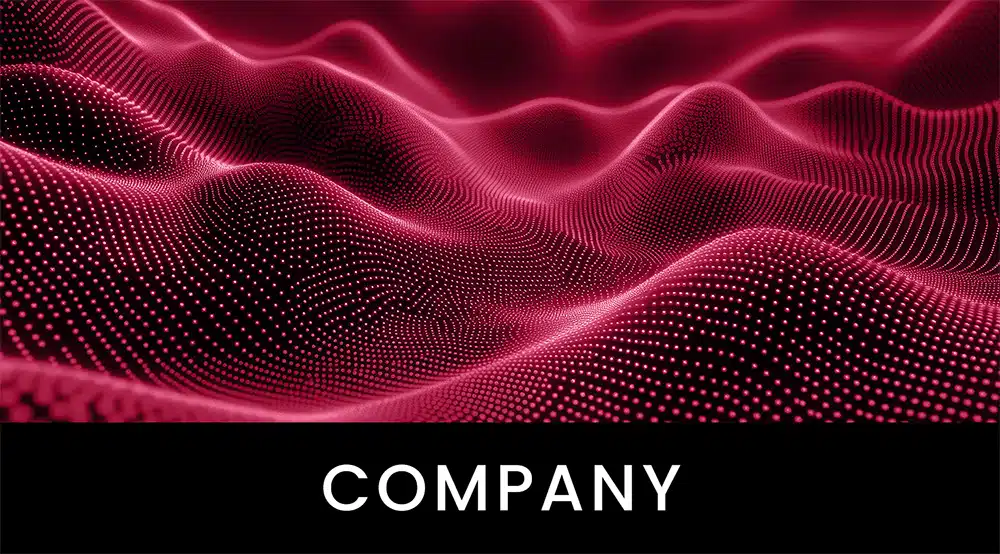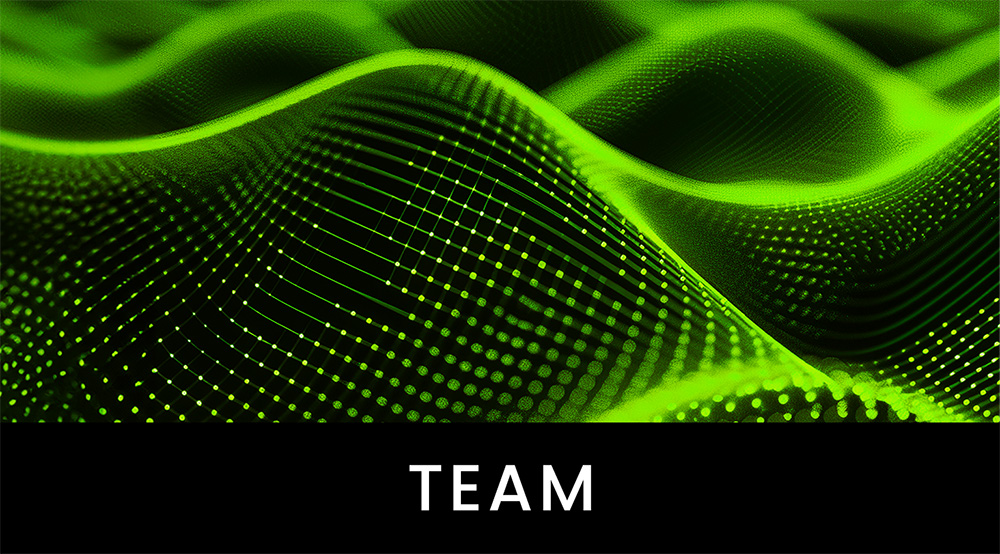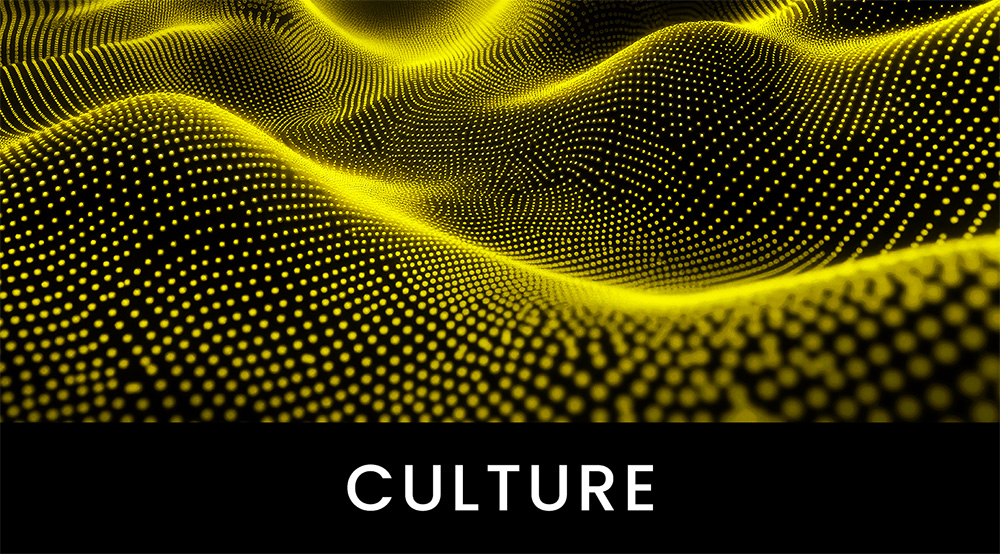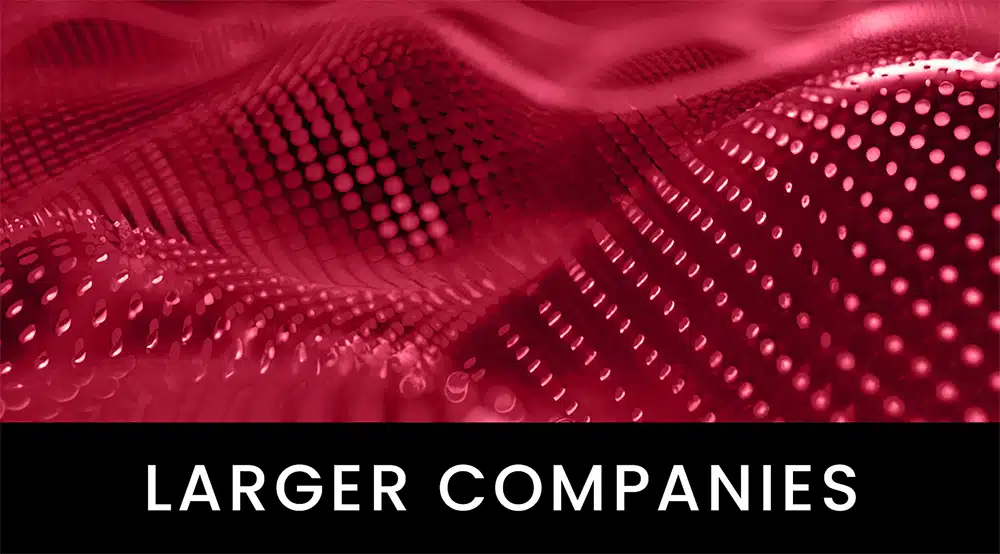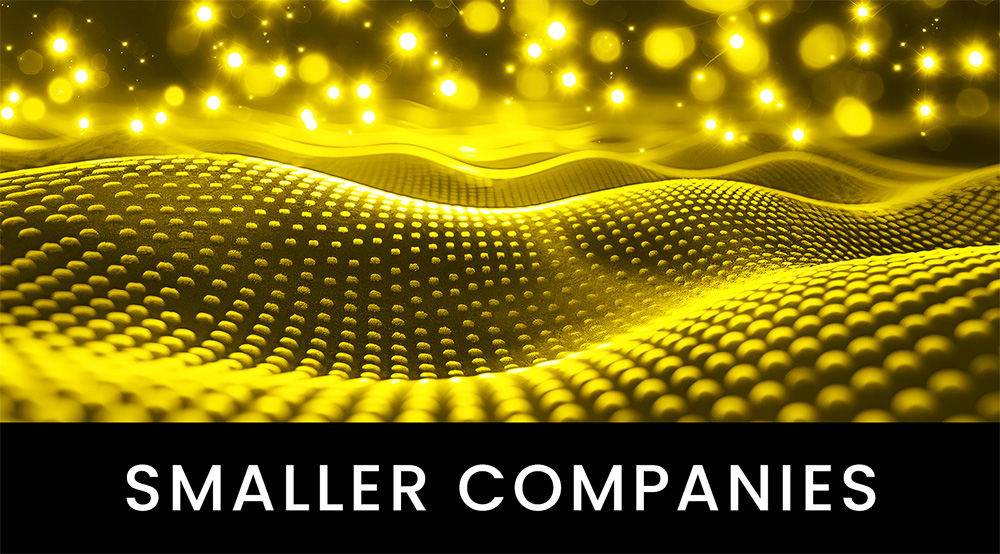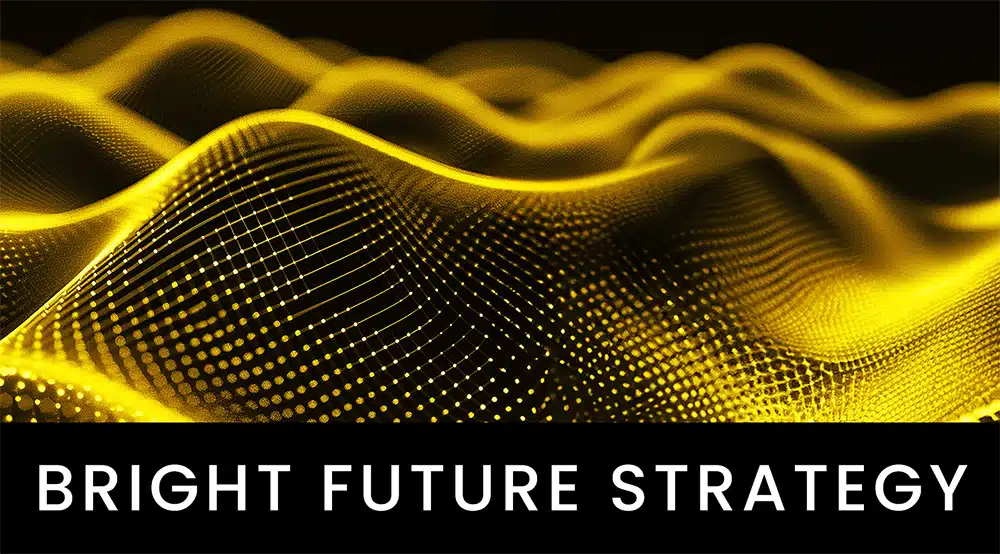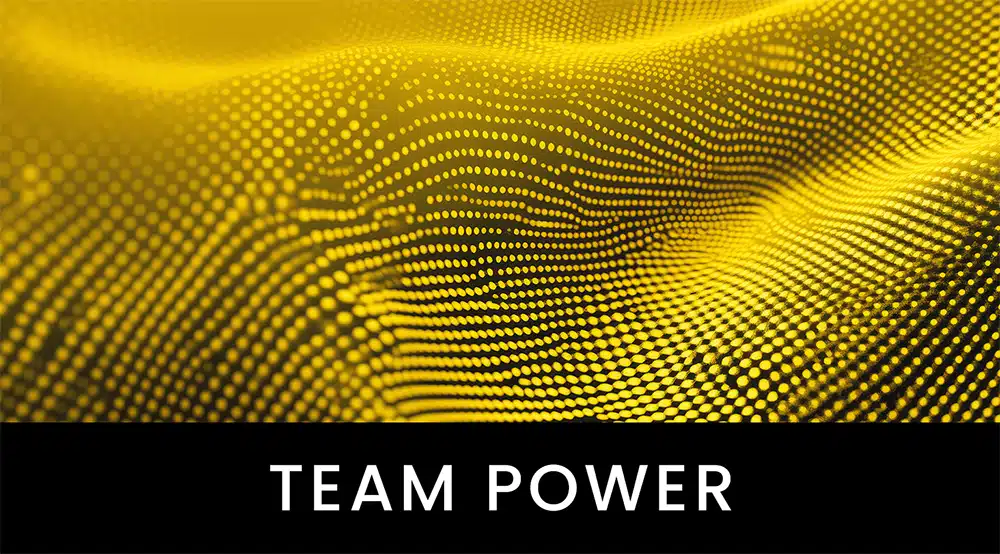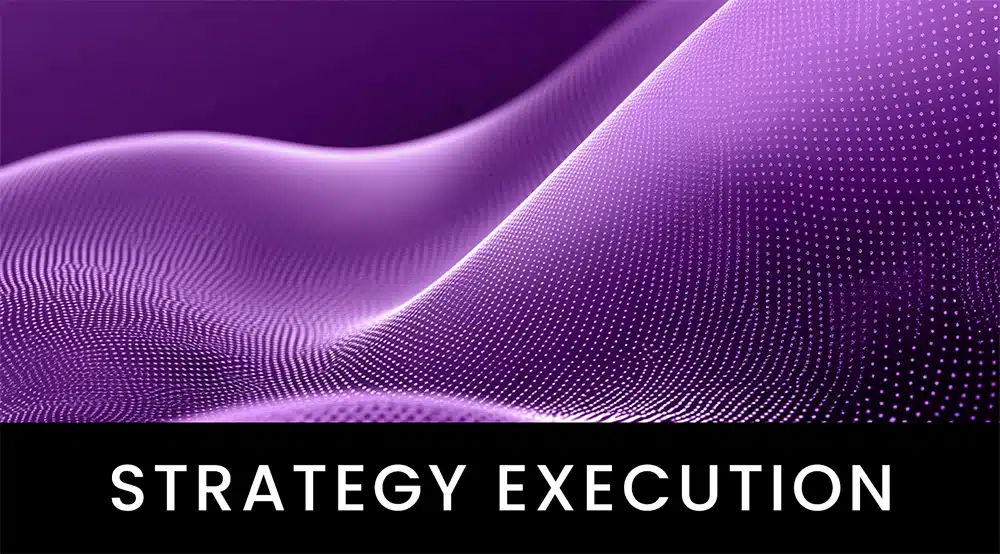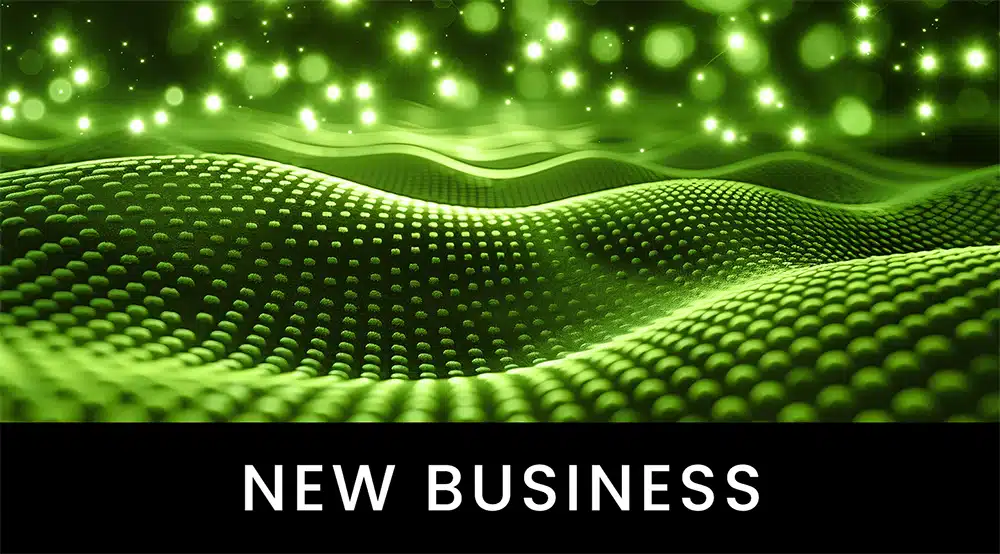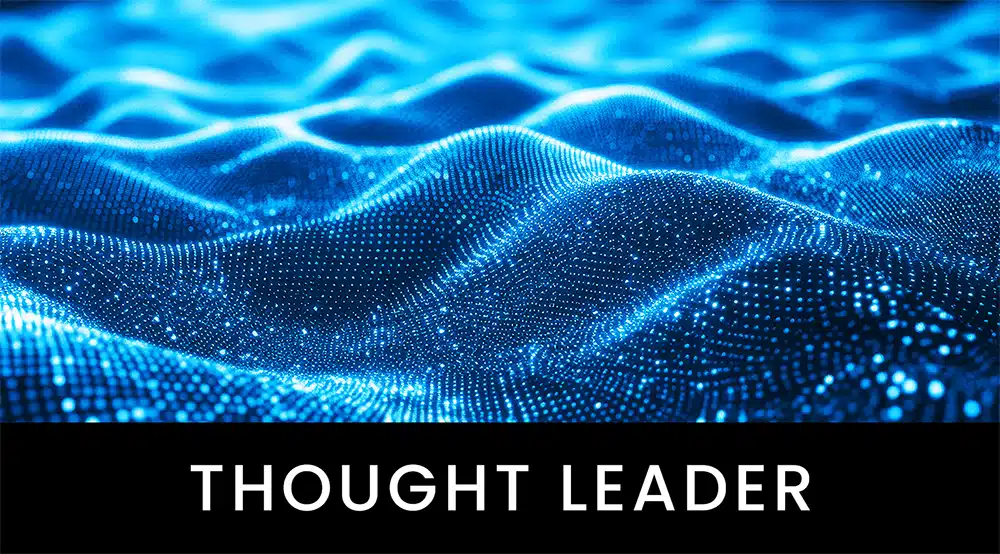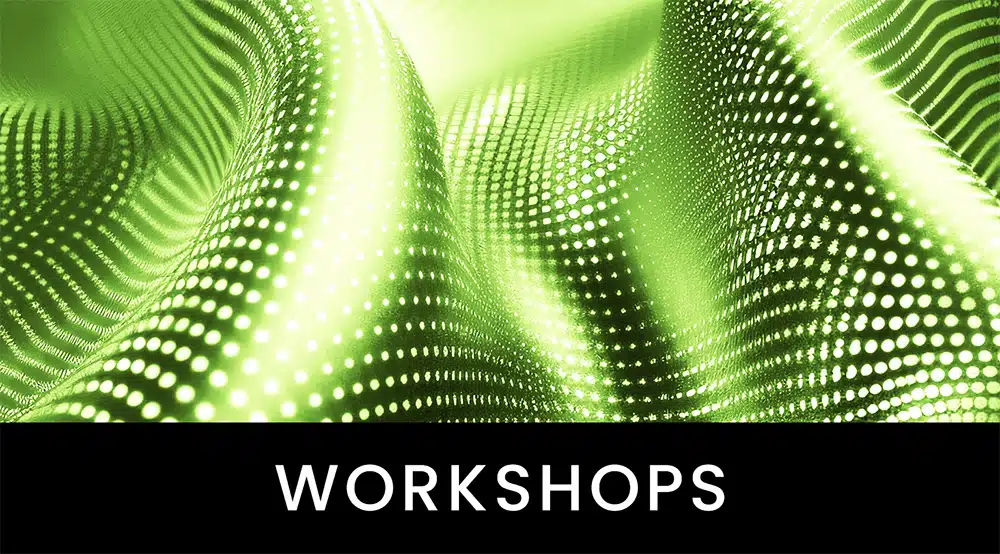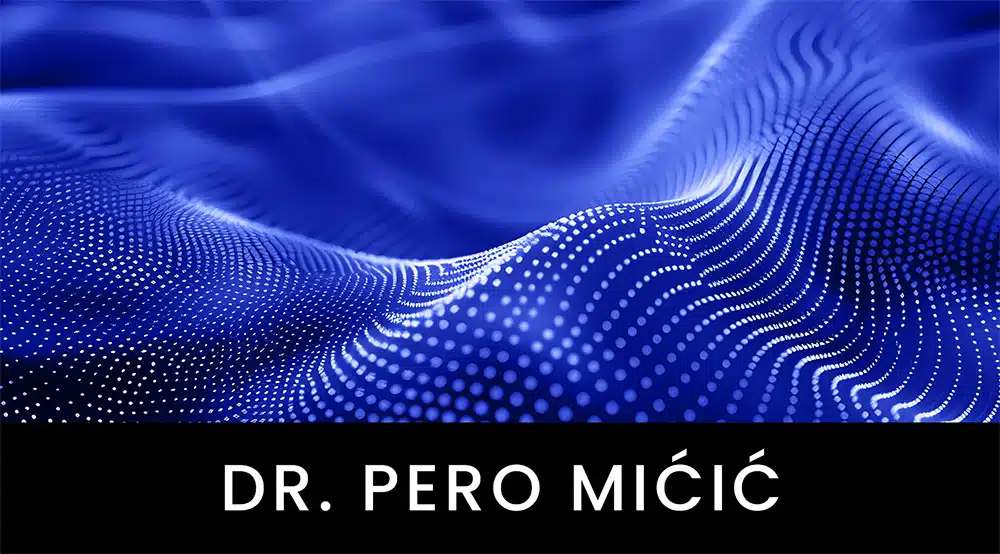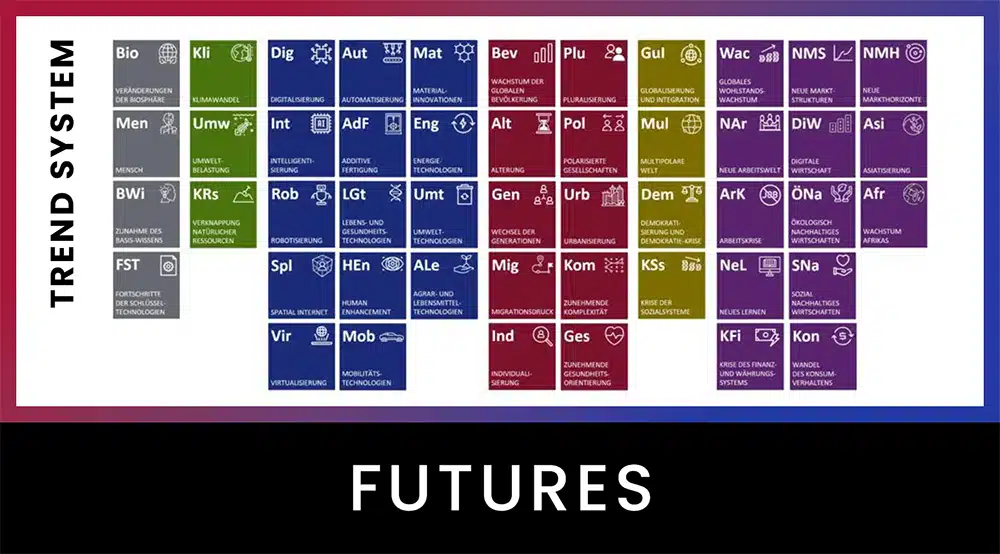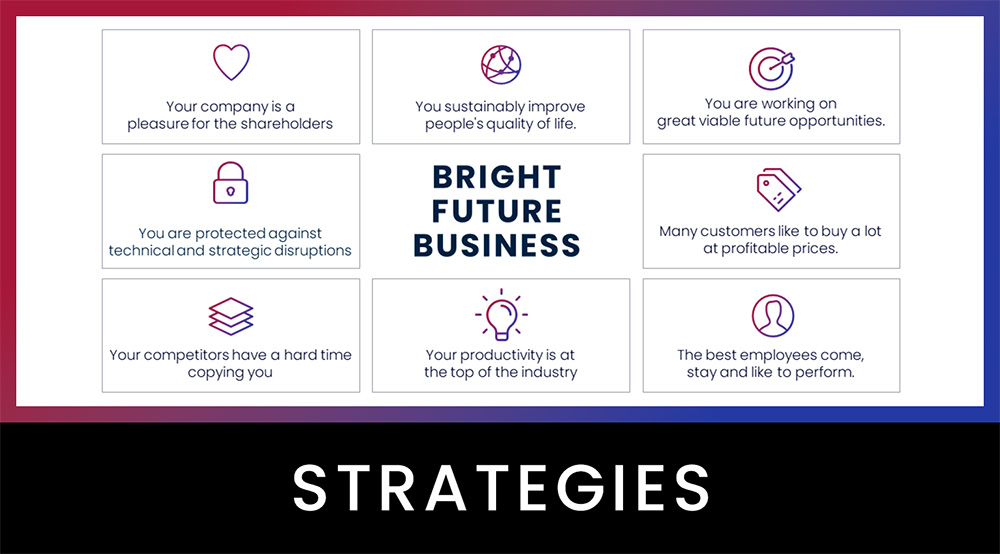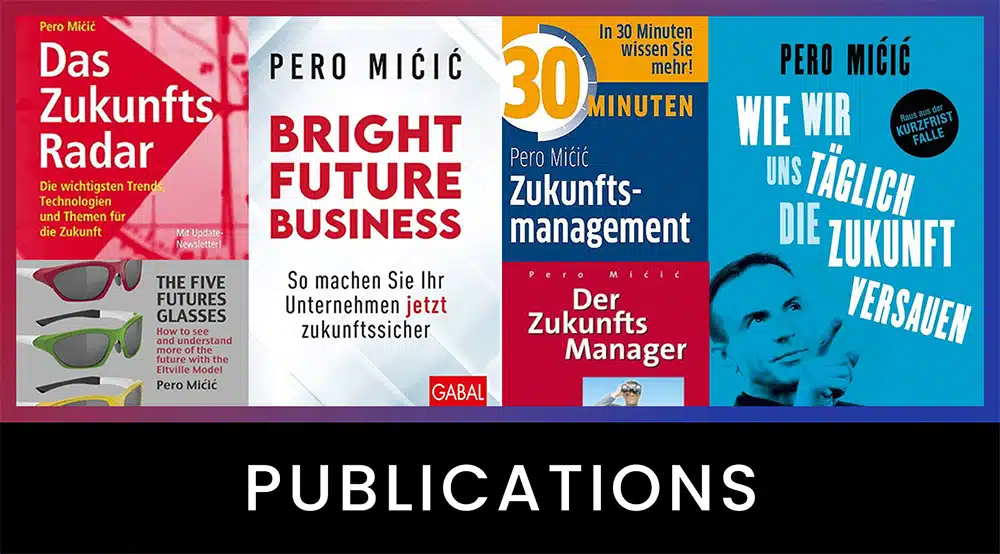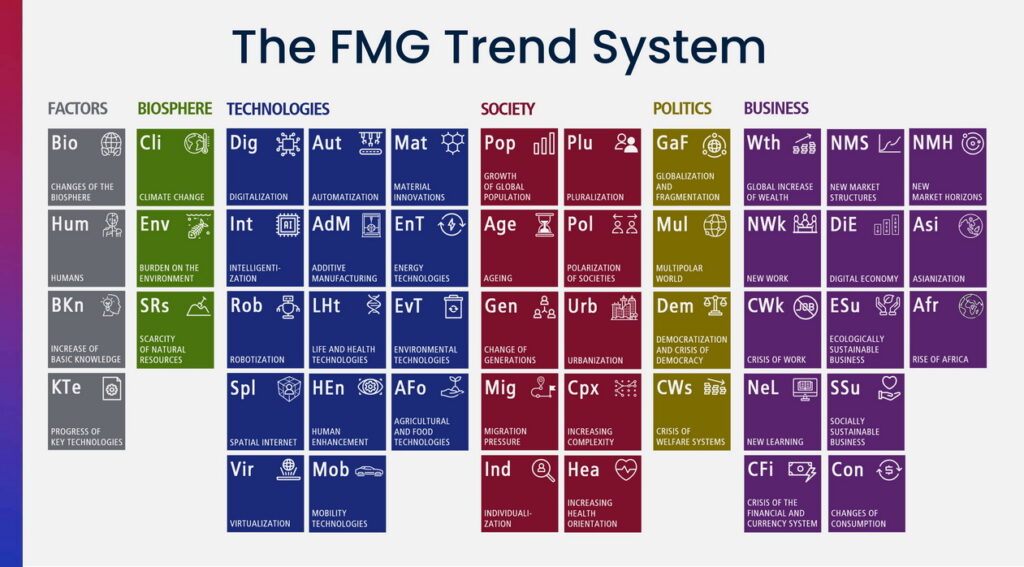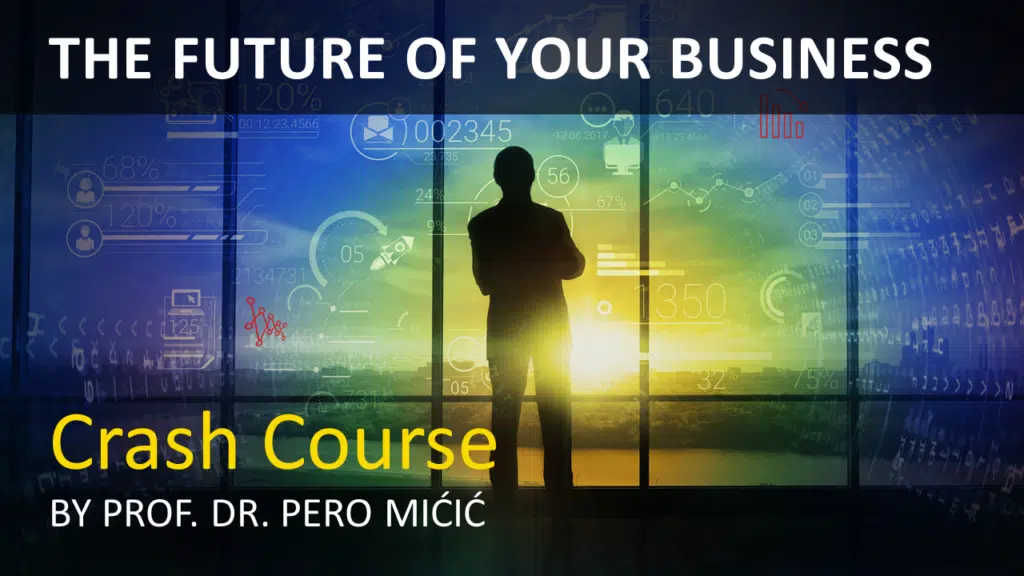Dr. Pero Mićić
PURPOSE? WHY? MISSION? What is what and what do you really need?
Today, everyone tells you to find your Why, your Why. And others tell you to be sure to determine a Purpose. Then others come again with mission statements. Somehow it all sounds the same, doesn’t it? And do you really need something like this for your business? For your life? And when yes, which of them? Just one or all? Invest a few minutes with me now and you’ll have tidy thoughts and clarity on Mission, Why and Purpose once and for all.
For 30 years, I and my team at FutureManagementGroup AG have been developing the future strategies of leading well-known and also unknown companies. From this experience I want to suggest how you should understand and handle Why, Purpose and Mission in a pragmatic and practical way.
The mission determines the purpose. The purpose of a profession or job, as well as the purpose of a business. The mission gives the answer to the most important question: What are we here for? In a well-articulated mission, you have all five elements you need to define your big job or the constant mission and purpose of your business.
First there is the drive. That is the motive, the conviction, the energy, the passion, that is perhaps also the rage out of which you pursue your profession or your business. The famous Why is just that, the drive.
- Ferdinand Porsche justified his company with the following statement: “In the beginning, I looked around but couldn’t find the car I dreamed of. So I decided to build it for myself.” He felt a lack that he wanted to fill for himself.
- Steve Jobs believed that computers must be very easy to use, that they must be beautiful, even the circuit board, even though no one sees it. Jobs always had the drive to be different. Think different was the slogan. He said it was cooler to be a pirate than a member of the Navy.
- Of course, all of this applies to small businesses as well. Don’t let these great examples fool you. If I may bring in my own modest example: I work from the deep conviction that it is better for people and humanity if they think earlier and more about their future and act more consistently accordingly. Yes, even out of a sense of anger that people are so short-sighted.
- The drive as an element of your mission, this also applies to you as an individual. The principles are the same whether you are all alone or whether you are dealing with a corporation.
In German we say Warum, but Warum has two meanings in German. It can denote the cause as well as the purpose. But the Why that so many talk about is clearly the cause, the motive, the origin. Simon Sinek, the originator of the idea of the Why, the Golden Circle, also says that the Why is the particular conviction, the origin of the energy with which a company is run. The Why doesn’t come from your future, it comes from your past. The why is not the wherefore and the what for, but the wherefrom. I call this something more basic the drive.
In your mission, you ideally also name your target customer group. For whom do you use your energy and passion? This is not a mandatory element of your mission, but it is at least implicitly part of having a clear vision of who you are using your energy for. For me, these are the leaders, the entrepreneurs and executives.
Your mission absolutely must include a clear promise of impact. This is the most important element. What do you do for your customers? What are your customers really paying for? People don’t really pay for products, not for services, not for solutions, not for hours or days; they only ever pay for the emotional effects they receive. These effects, by the way, almost never change, they are the constants in the business, even 20 or 50 years from now. People pay to enjoy music, today by streaming subscription, in the past by CD. They pay to get from A to B, today still with their own car, tomorrow by driverless robot cab or even simply by video conference, to get the emotional impact of meeting people, completely without a car, train or plane. The emotional impact remains the same, but the solutions always change fundamentally.
- Sonos creates the effect that the setup and operation of a music system is wireless and conceivably simple.
- Amazon promises the impact of the easiest shopping with the world’s best customer service.
- As a core business, Google offers the effect of being comprehensively informed quickly.
- And for small companies: With our work, we ensure that companies once again or continue to have good prospects for the future and that managers with a motivating and convincing image of the future can lead their team more easily and effectively.
The fourth element of your mission is your solution promise. This is the special way in which you achieve the promised effects. The effects are constant, but the solutions change in detail. Therefore, don’t get too specific about products and services. Describe your solution promise in principle, as it will hold up over the long term.
- Just as IKEA offers the self-assembly as a solution or
- how Tesla delivers an integrated chain of solutions from pure electric cars to solar roofs. These are constant long-term solution promises. Even if the products change in detail, the solution promise remains.
- Our solution promise is highly effective programs for developing and implementing strategies for the future.
And you determine your contribution to society in your mission. How is your work or business good for society and humanity? How do you make the world a better place? This social contribution, THIS is the Purpose! Of course, you can also start with Purpose and then develop the other four elements based on that.
- SpaceX is making humanity multiplanetary. In the long run, this is perhaps the greatest purpose in this world, because at some point humanity will have to go beyond Earth when an asteroid threatens to hit us.
- Known for its combine harvesters, CLAAS helps provide food for the world’s growing population by supporting professional farmers.
- And again, even small businesses benefit from having Purpose in their mission. Through our work in future management, we benefit society by helping leaders make more future-intelligent decisions. In this way, we reduce unnecessary suffering and increase the quality of life for all.
Sometimes you hear that Purpose is the great raison d’être of a company, the reason for being. That mission, on the other hand, only describes what a company does in concrete terms. That is half right. Why separate your social contribution from your mission? There is no logical reason for this. But it is better if you directly link your activities to a social contribution. Then Purpose, social contribution, is an integral part of your mission. Then you and your team create social value, a social contribution, every day.
Therefore, describe your raison d’être, your mission, in a coherent and compelling overall statement.
I believe that the term mission has become too boring for many people, or too old-fashioned, and that they are now jumping on Purpose. Consultants in particular have now recognized purpose development as a business area. But don’t be fooled. Purpose means purpose. Determining the purpose has always been the purpose of a mission. Yes, you can now call Purpose what used to be called Mission. Gladly, all good.
But anyone who tells you now that Mission and Purpose are two completely different things has not understood the whole thing, at least from my point of view. Why and Purpose are therefore neither opposites nor, a fortiori, the same thing. Why and Purpose are the cornerstones of a good mission.
By the way: If you want to think about the future of your business in a well-founded way, we can do that together. Let’s talk about it. There is also a free crash course, “The Future of Your Business.” I wish you a bright future.
Placeholder
Please also follow these links:
► Free video crash course THE FUTURE OF YOUR BUSINESS
► BUSINESS WARGAMING for robust business and future opportunities
► LECTURES AND KEYNOTES by Pero Mićić for your employees and customers
Placeholder
I wish you a bright future!
Have a bright future!
Placeholder
X

